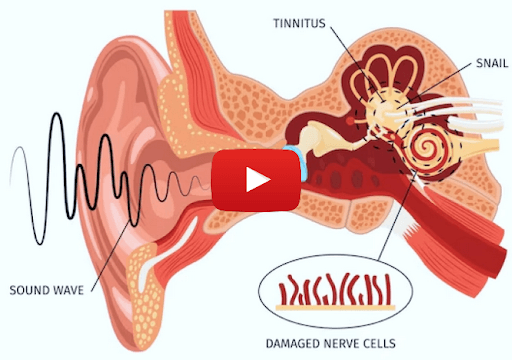How to eat carbs right? #carbs #nutrition #glucose
Maintaining a consistent flow of glucose to mitochondria is crucial for their optimal performance. These powerhouse organelles require a steady supply of glucose to function efficiently without becoming overwhelmed or leading to symptoms like chronic fatigue.
The journey to proper glucose regulation begins with our diet. Over recent years, extensive scientific research has shed light on dietary strategies that support healthy mitochondrial function.
I’ve spent the last few years synthesizing from all the latest scientific research 10 core principles that allow us to eat the carbs that we like without creating glucose spikes. – Video Transcript Excerpt
Through a combination of personal exploration and scientific investigation, 10 core nutritional principles have been formulated. These principles guide us on how to enjoy carbohydrates while ensuring they are metabolized without overburdening our mitochondria. This way, we can sustain our energy levels without the risk of chronic fatigue.
- Consume complex carbohydrates that break down slowly.
- Incorporate a balanced intake of protein and fats.
- Regularly monitor blood glucose levels for spikes.
- Stay hydrated to assist glucose transportation.
These principles, when applied, enable us not only to manage our energy levels effectively but also to support a healthier, more efficient mitochondrial function. By avoiding rapid glucose increases, we protect our mitochondria and promote lasting vitality.
From Around The Web
Wellness Inbox is a blog & weekly newsletter that curates trending news and products related to health and wellness from around the web. We also gather content from various sources, including leading health professionals, and deliver it directly to you.
Please note that we may receive compensation if you purchase any products featured in our newsletter. Wellness Inbox is not affiliated with, nor does it endorse, any health professionals whose content may appear in our newsletter. The information provided is for general informational purposes only and should not be considered medical advice.
The information provided is not intended to replace professional medical advice, diagnosis, or treatment. All content, including text, graphics, images, and information available is for general informational purposes only. We do not guarantee the accuracy or completeness of any information presented and assume no liability for any errors or omissions. The content is subject to change without notice. We encourage you to verify any information with other reliable sources and consult your physician regarding any medical conditions or treatments.







